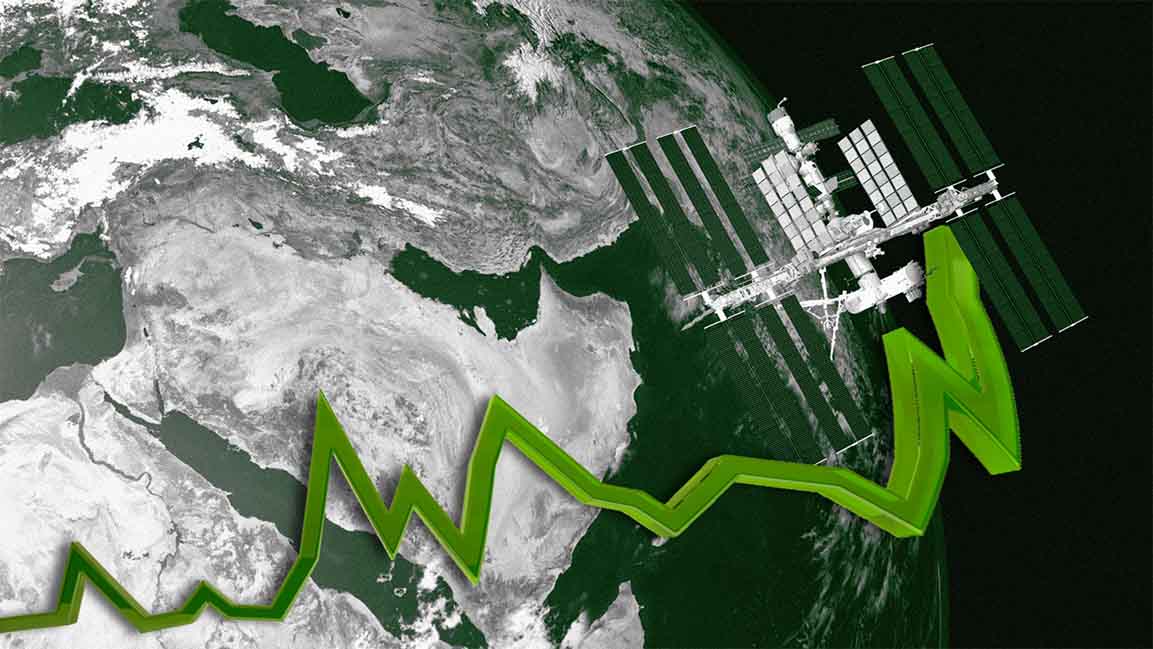- | 2:00 pm
Saudi Arabia is riding the exponential growth in space economy, with $400 million revenue in 2022
Signaling a rapid transformation of the space sector, the Middle East saw an investment worth $1.2 billion in 2022

Over the past few years, the economics of space have been compelling, with manufacturing, launching, and operating satellites and other space-based assets becoming significantly easier. Digital and advanced technologies are creating opportunities for new players and offerings for incumbent ones.
In 2022, investment in the sector reached $100 billion, while the space economy is set to reach $464 billion in 2022.
Signaling a rapid transformation of the space sector, the Middle East saw an investment worth $1.2 billion in 2022.
Saudi Arabia’s space industry is catching up to its potential, showing $400 million in revenue in 2022, and is expected to reach an average annual value of $2.2 billion from 2023 to 2030.
A report from the Saudi Communications, Space and Technology Commission highlights that the development of spacecraft on a national level is expected to become a pivotal sub-sector within the kingdom.
Regionally, the report notes that satellite manufacturing is projected to reach $68 billion by 2030, with around 148 satellites set to be launched in the Middle East by the same target year.
For launch services, the report stated that developing and operating a national spaceport, as well as localizing small launcher operations, are amongst the best opportunities in this subsector.
Additionally, satellite-based communication connectivity services will also play a crucial role in the sector’s overall growth, coupled with Earth observation and space exploration.
However, challenges accompany such endeavors for the region, such as the competition of the global space industry and increased costs needed for support. The report states that a space sectoral fund for local players, incentivization programs, and upskilling initiatives can limit the effects of such challenges.
Another subsector is sixth-generation technology, which is anticipated to generate $45.5 billion if applied in the kingdom.
Moreover, space tourism is projected to total $600 million by 2030, making it a valuable subsector.
































